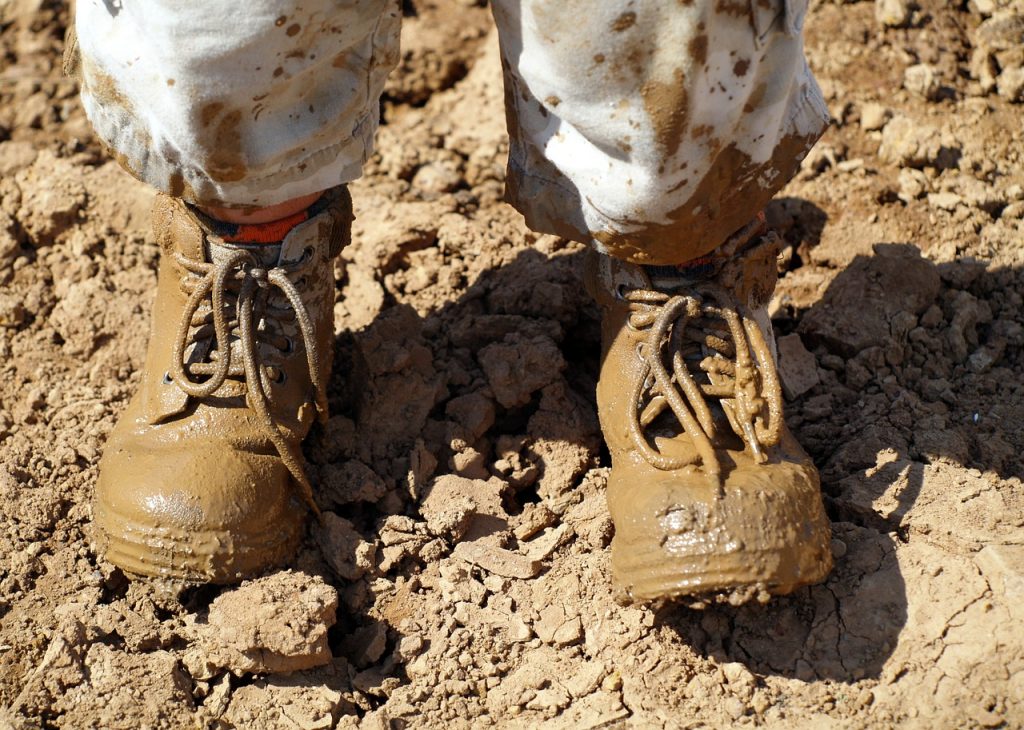
It was a cloudy day after a night of drizzling when I first stepped onto the community farm at Oregon Food Bank. I was not prepared for the uncommon moisture and had to walk into the field with my sneakers, which were covered with mud within the next two hours of farm work. “Mud!” That was all I thought when I stared at the overcast sky after finishing weeding for a rack of lettuce.
My work at the Oregon Food Bank did not begin the way I had pictured. Driving a truck and carrying the harvest from the field to the barn, weighing my products with pride— these were my expectations of my work before my 13-hour flight from Shanghai, China. Therefore, I was caught by surprise— and somewhat disappointed— when I had to walk in the muddy field and work with my bare hands.
I work on the field with Art, Shantae and Lisa, alternating between the community farm and the learning garden of Oregon Food Bank. The fact that they are nice and cheerful helped ease my disappointment, yet from time to time I asked myself, “Why am I working in this muddy field when I can contribute more efficiently elsewhere?”
On a Tuesday morning, I was on the bus ride to the farm when a man in his sixties got on. I recognized that he was one of the volunteers. We got off the bus together at the farm. His name is Pau, as I found out later in our conversations, and he holds the record as the volunteer that has worked for the most hours at the Oregon Food Bank. At his age, Pau is as energetic as— if not more enthusiastic than— any other volunteer on the farm. He waters the plants, picks the weeds, plants vegetables and is super efficient when harvesting.
At the end of the shift, we shared a bowl of freshly picked cherries, and I asked him how he managed to volunteer consecutively for three years. “The mud,” he said, “it’s very joyful when you harvest from the garden, isn’t it?” He washed the beets he harvested from the field carefully. As the mud came off the beets, the purple roots showed, as if a treasure sealed for years now was discovered. This purple color brought me a sudden sense of satisfaction and pride.
And the mud, washed off the roots and returned to the ground, has always been the basis of all the achievements of harvesting. Hardly anyone remembers the role of the mud when they buy the products. Only the ones who work on the farm realize the importance of mud, as the resource of nutrients, the container of water, the support for the plants.
Volunteering on the farm is muddy, tiring and sometimes boring. I feel kind of useless sometimes, like the mud, which is washed off when the plants are harvested. Yet mud is one of the most important things for the plants, and working on the farm is one of the most important parts of my internship with the Oregon Food Bank. Working in the mud is the only way I can fully understand the amount of effort needed to grow food— and thus the importance of the Food Bank that prevents food waste and provides resources for people in need.
The spirit of volunteering lives in the mud, and my DukeEngage experience takes root and grows from the field.
